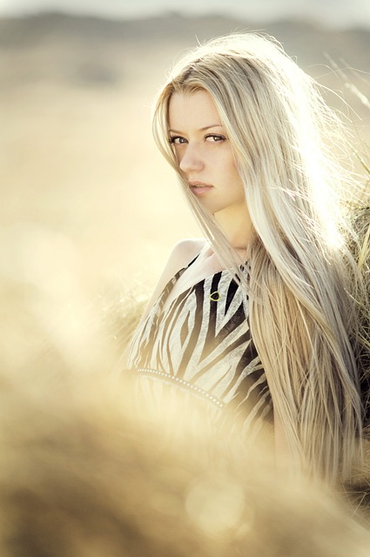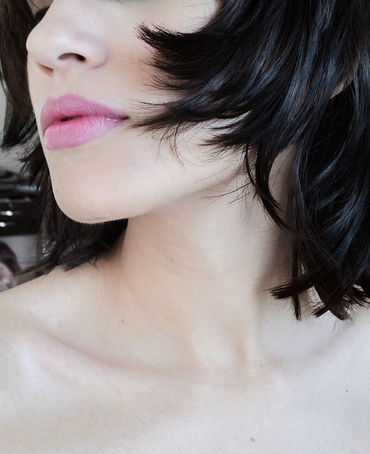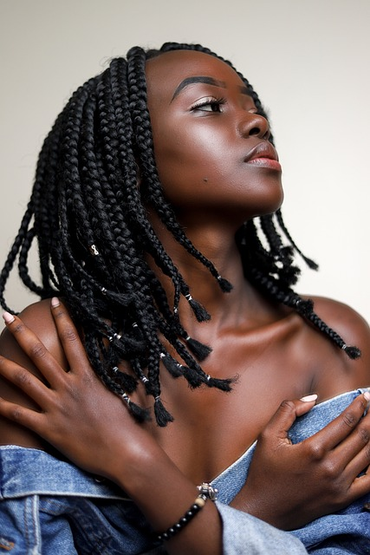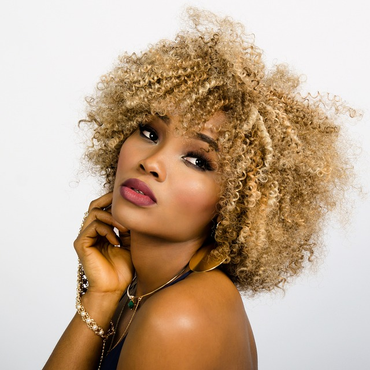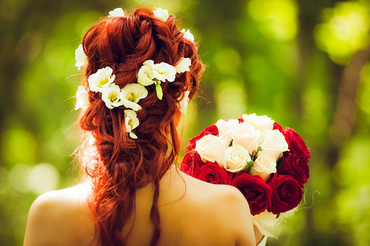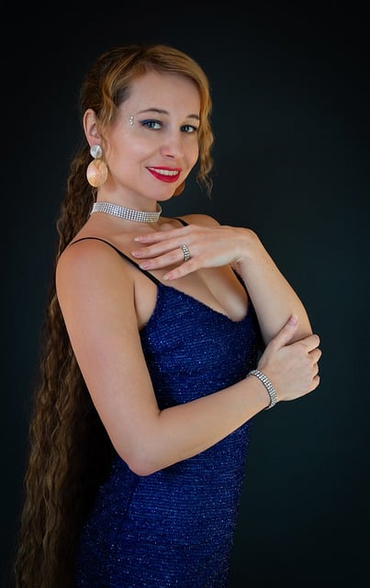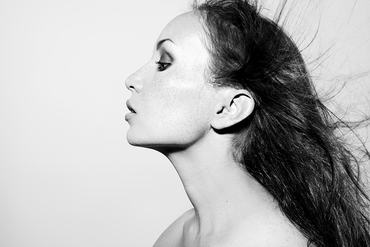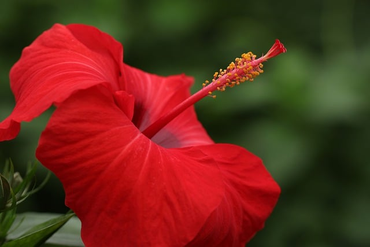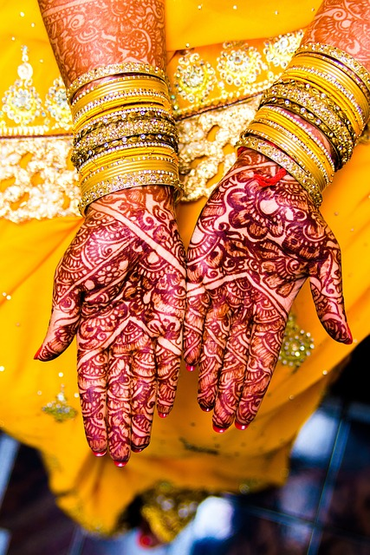
The use of henna powder as a natural dye including natural hair dye, and for body art has roots that span thousands of years across several cultures, especially in the Middle East, North Africa, and the Indian subcontinent.
Henna is traditionally applied during weddings and other festivities, with its rich reddish-brown tones adorning the hands and feet of countless brides but also adding warmth and color to hair.
With the recent surge in demand for natural and organic beauty products, henna has been increasingly recognized as a holistic alternative to chemical hair dyes. However, just how safe is henna for hair? Let’s delve into the details.
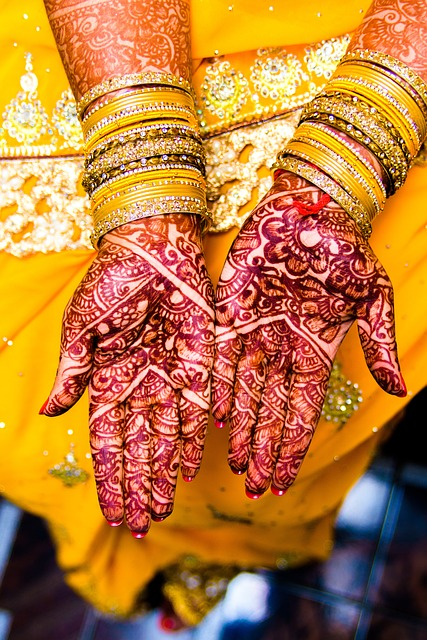
First things first, what exactly is pure henna?
Henna, known scientifically as Lawsonia inermis, is a flowering plant native to tropical and subtropical regions of Africa, Southern Asia, and Northern Australasia. Its use as a natural dye has been intricately woven into the cultural and traditional tapestries of these regions, marking celebrations, rites of passage, and artistic expressions for millennia.
The plant itself is a tall shrub or small tree. Its small, fragrant flowers produce a nectar source for bees and other insects. But it's not the flowers that are the centerpiece of its widespread use, it's the leaves.
When the leaves of the henna plant are harvested, they don't immediately become henna dye or henna hair dye. The leaves are first sun-dried, after which they become brittle and can be easily ground into a fine powder. This henna extracts is greenish in hue and has a distinct, earthy aroma.
The heart of henna's dyeing ability is the molecule lawsone, a red-orange pigment. When the henna powder is mixed with a mildly acidic liquid, like lemon juice or tea, lawsone molecules are released, making the mixture capable of staining.
Upon application, the henna paste doesn't just sit atop the surface of the skin or hair. The lawsone molecules penetrate cells. In the case of hair, they bind with the keratin, which is the hair's primary protein. This binding process is why henna's stain is so durable, lasting much longer than many superficial dyes.
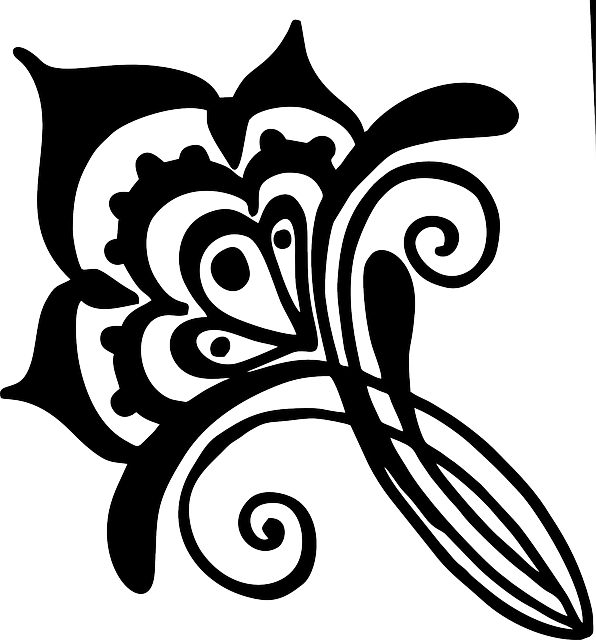
The depth and richness of the color depend on several factors:
Duration of Application: Leaving henna paste on the dark hair follicles for longer periods tends to produce a deeper shade.
Quality of Henna: Not all henna powders are created equal. The lawsone content, and thus the dyeing capability, can vary based on the henna's region of origin and how it's processed. Always pick the good stuff!
Hair Type and Original Color: Henna doesn't lighten hair; it adds to the existing color. So, the same henna paste can produce varying shades on blond versus brown hair.
Historically, henna's significance goes beyond mere aesthetics. In several cultures, it's believed to bring fortune, happiness, and blessings, acting as a barrier against evil. Its cooling properties also made it popular in hot regions, offering a pleasant, cooling sensation when applied.
In essence, henna is not just a dye but a bridge to ancient traditions, a nod to sustainable beauty practices, and a testament to nature's ability to produce vibrant, lasting colors!
When discussing the safety of henna for hair, it’s important to differentiate between pure henna and compound henna.
Pure Henna: Applying henna that is pure yields a reddish-brown dye. If applied properly, it can offer a range of shades from a subtle hint of auburn to a deep, fiery red, depending on the original hair color, hair health, and the duration of application. Pure henna is typically considered safe and has even been known to condition and strengthen hair.
Compound Henna: Compound henna is where concerns about safety arise. Manufacturers sometimes add chemicals, metallic salts, or other dyes to henna to vary its color output—resulting in shades like black, brown, or blonde. These additives can not only damage the hair strands but also cause allergic reactions in some individuals.
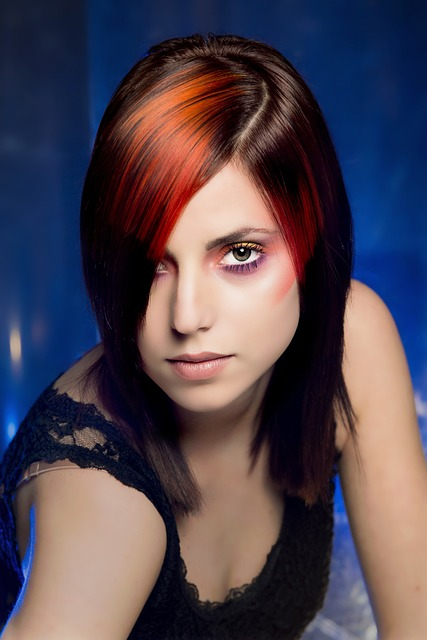
Let's dive deeper into the holistic advantages of using henna herbal hair dye and dyes:
a. Natural Conditioning: The Henna Touch to Hair Health
Nutrient Enrichment: Henna leaves are packed with essential nutrients that nourish the hair from the roots to the tips. When applied, these nutrients replenish the hair shaft, aiding in the repair of damaged strands and mitigating breakages.
Balanced Scalp Oils: Henna acts as a natural conditioner, helping in the regulation of sebum (natural oil) production on the scalp. This ensures that hair remains moisturized without becoming overly oily.
Enhanced Texture and Shine: Regular use of henna can make hair strands smoother by closing the hair cuticles. This results in a natural sheen, as light reflects better off smoother surfaces.
Volume Boost: The unique binding process of the lawsone molecule not only colors the hair but also fills in any rough spots on the hair cuticle. This imparts an illusion of thicker hair strands, making hair appear more voluminous.
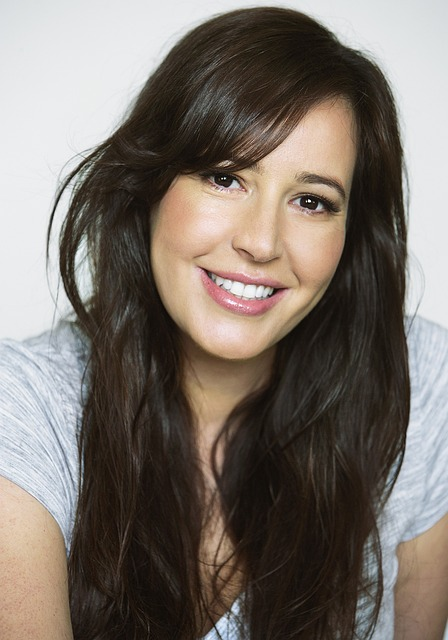
b. Chemical-Free Coloring: A Return to Nature
Avoidance of Damaging Chemicals: Many chemical dyes contain harmful chemicals like ammonia, peroxide, and parabens. These can strip the hair of its natural oils, weaken hair protein, cause hair breakage, and even cause allergic reactions. With henna, one can sidestep these potential hazards, embracing a gentler, natural coloring process.
Long-Lasting Hue: While henna is a natural dye, its staining power is robust, offering a lasting hue that gracefully fades over time without leaving stark contrasts or unnatural tinges.
Environmental Consideration: By opting for henna, users are also reducing the demand for chemical-laden products, which, when produced on a large scale, can have detrimental environmental impacts.
c. Antifungal and Antiseptic Properties: The Scalp's Guardian
Scalp Health: The antifungal and antiseptic properties of henna can be a boon for those battling dandruff or other scalp infections. It helps in keeping the scalp clean and free from microbial overgrowth.
Soothing Sensation: These natural properties also provide a calming, cooling effect when applied, offering relief to those with itchy or irritated scalps.
Protection Barrier: With its antiseptic traits, henna acts as a protective barrier against various external pollutants, ensuring that the scalp remains resilient against potential irritants.
Pure henna for hair is a holistic hair care treatment that blends beauty with health.
Its multifaceted benefits make it a compelling choice for those seeking a sustainable, natural approach to hair care, rooted in ancient wisdom but highly relevant to contemporary needs.
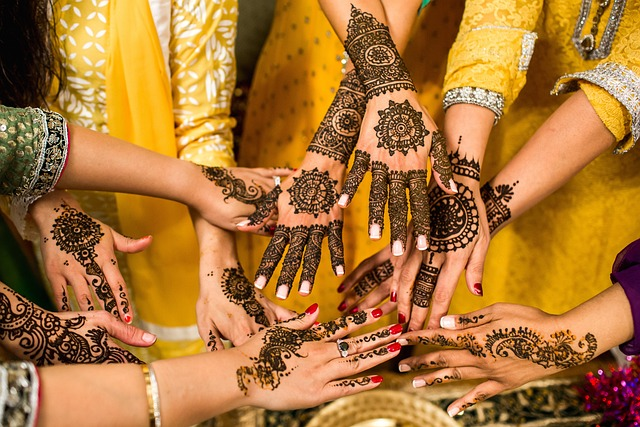
Safety and efficacy should be at the forefront of our minds when adopting any beauty or health regimen, and henna application is no exception. While henna has been used traditionally for centuries and is typically considered safe, it's essential to use it wisely to achieve the desired results without any complications.
First and foremost, the source and purity of the product cannot be emphasized enough. It's crucial to select 100% pure henna without any additives. The market today is saturated with various henna-based products, and not all of them adhere to the standards of authenticity and purity.
Many contain additives, synthetic chemicals and, or metallic compounds that can harm the hair and scalp or produce unpredictable color results. Therefore, always scrutinize the product label for ingredients. Do your research and preferentially buy from reputable sources or brands that are known for their commitment to quality and transparency.
Before committing to a full-head henna application, a patch test is highly advisable. Even though allergic reactions to pure, henna products are rare, individual variations in skin and body chemistry mean that reactions are possible. To conduct a patch test, apply a small dab of the prepared henna paste either behind your ear or on your inner arm. These areas are sensitive and would show an allergic reaction if one were to occur. After waiting a few hours, inspect the area for any signs of redness, itching, or irritation. If you notice any adverse reactions, it's prudent to avoid using the product. If there's no reaction, you're likely safe to proceed with the full application.
Lastly, while many people successfully apply henna at home, if you're new to the process or uncertain about achieving the shade you desire, seeking professional help is a sound choice. Hair professionals who specialize in natural coloring have experience with henna's nuances. They can provide guidance on how long to leave the henna on, how to mix it for specific shades, and how to apply it evenly. A professional can also offer advice tailored to your specific hair type and needs, ensuring that you get the most out of your hair henna treatment.
While henna offers a myriad of benefits for hair health and coloring, it's paramount to approach its application with an informed mindset. By sourcing quality products, conducting preliminary tests, and seeking expert advice when needed, you can harness the full potential of henna safely and effectively.
In conclusion, pure henna can be a safe and natural alternative to chemical hair dyes when used correctly. Its long history of use and its array of benefits make it a worthy consideration for those looking for organic hair care solutions.
However, caution must be exercised to ensure you're using pure, additive-free henna and to anticipate its lasting and potentially unpredictable nature. Safety first, always! Whether choosing henna or any other hair product, it's essential to prioritize your health and well-being.

